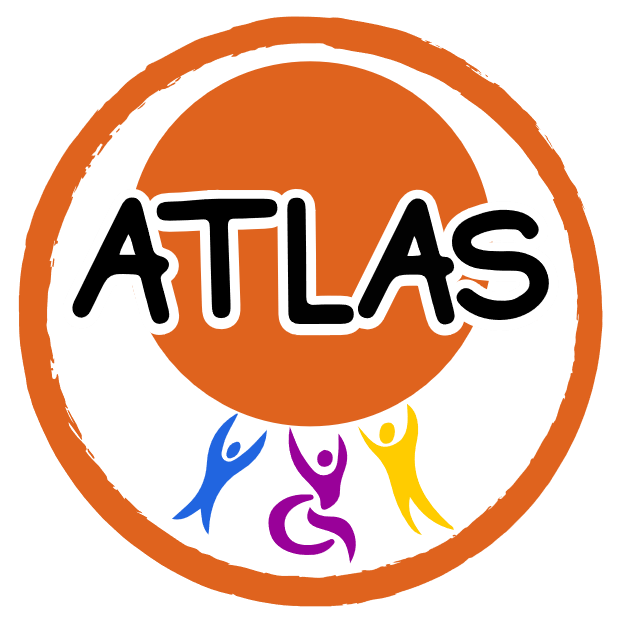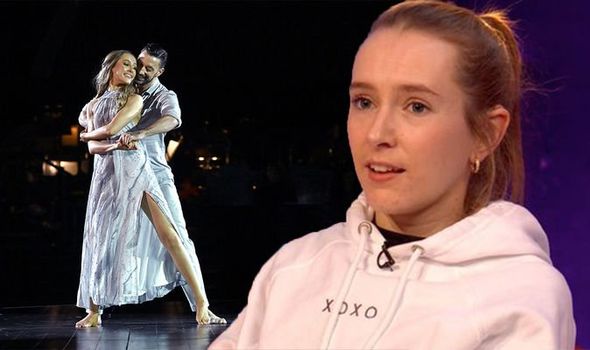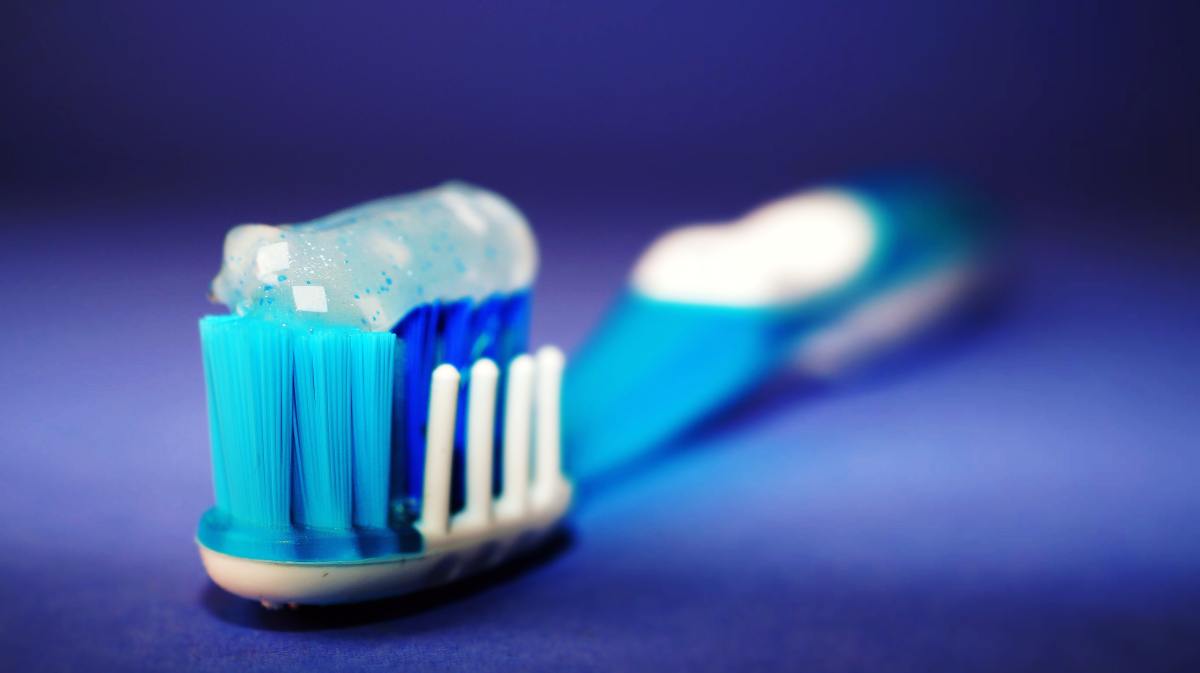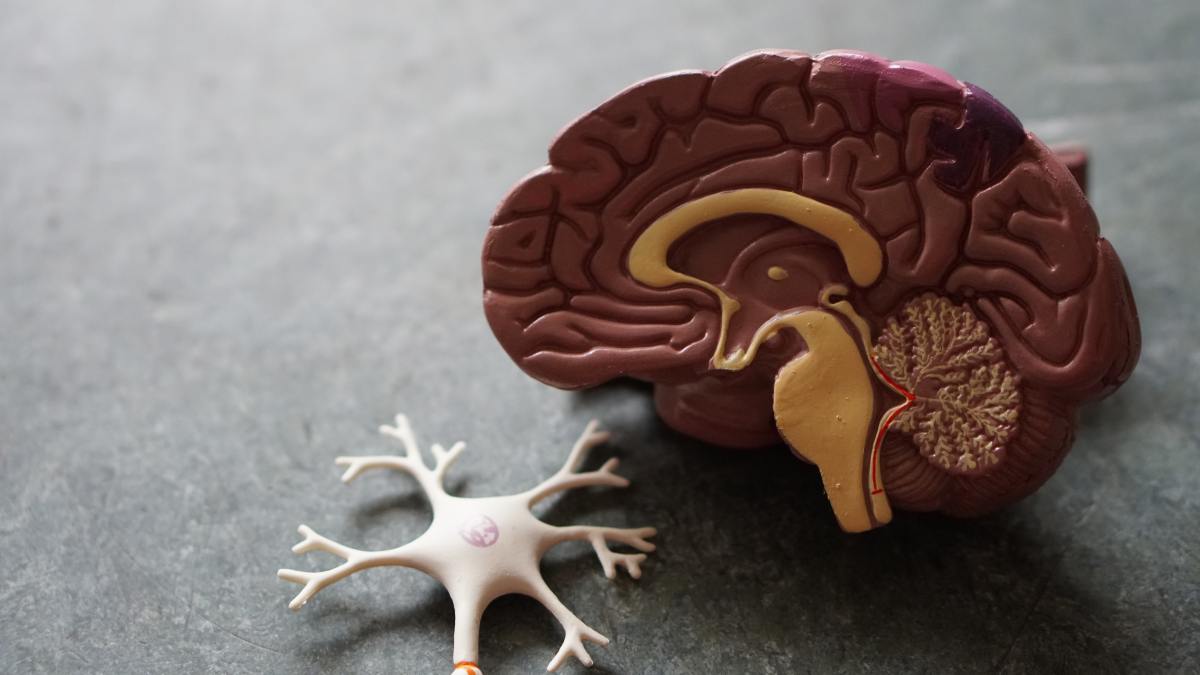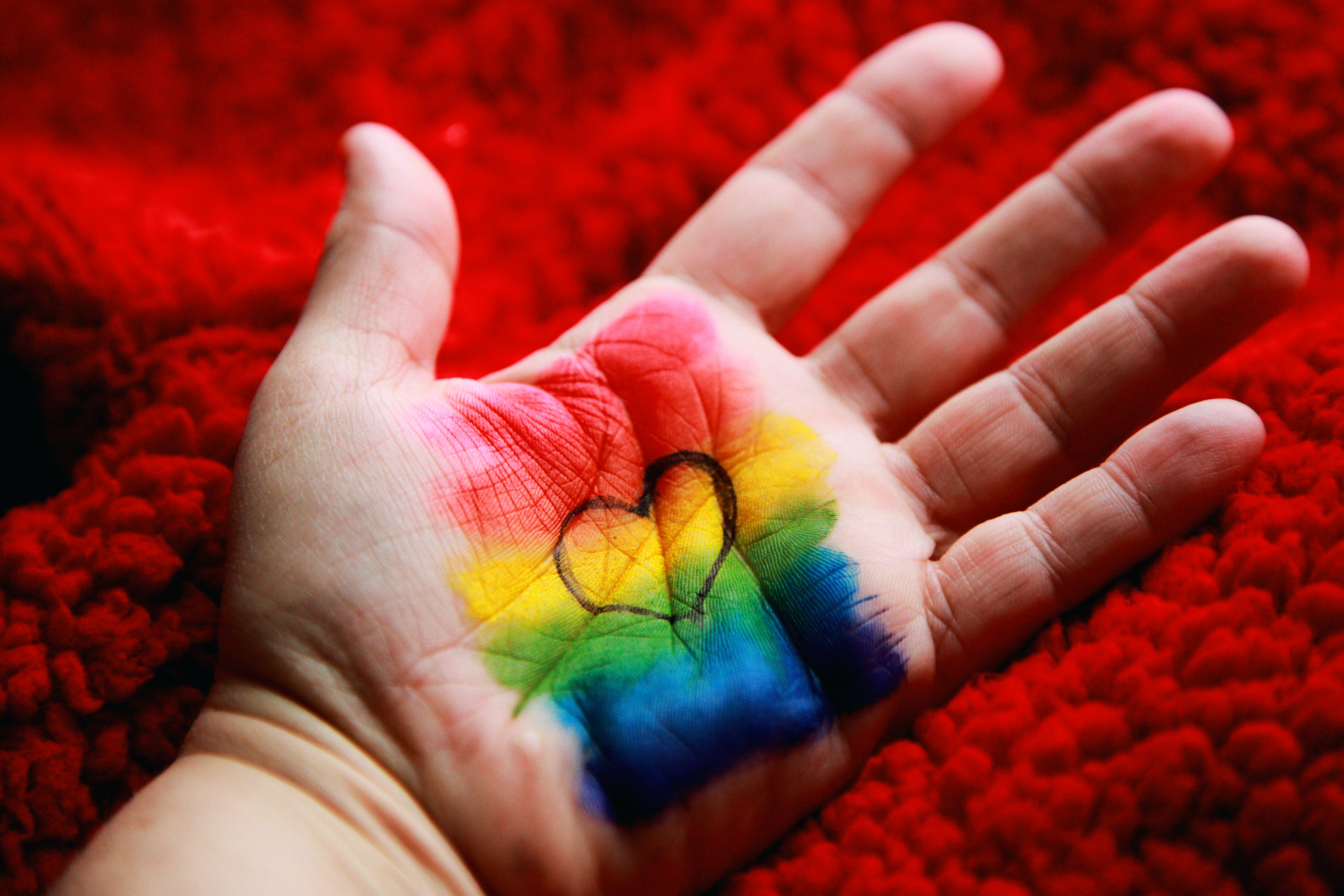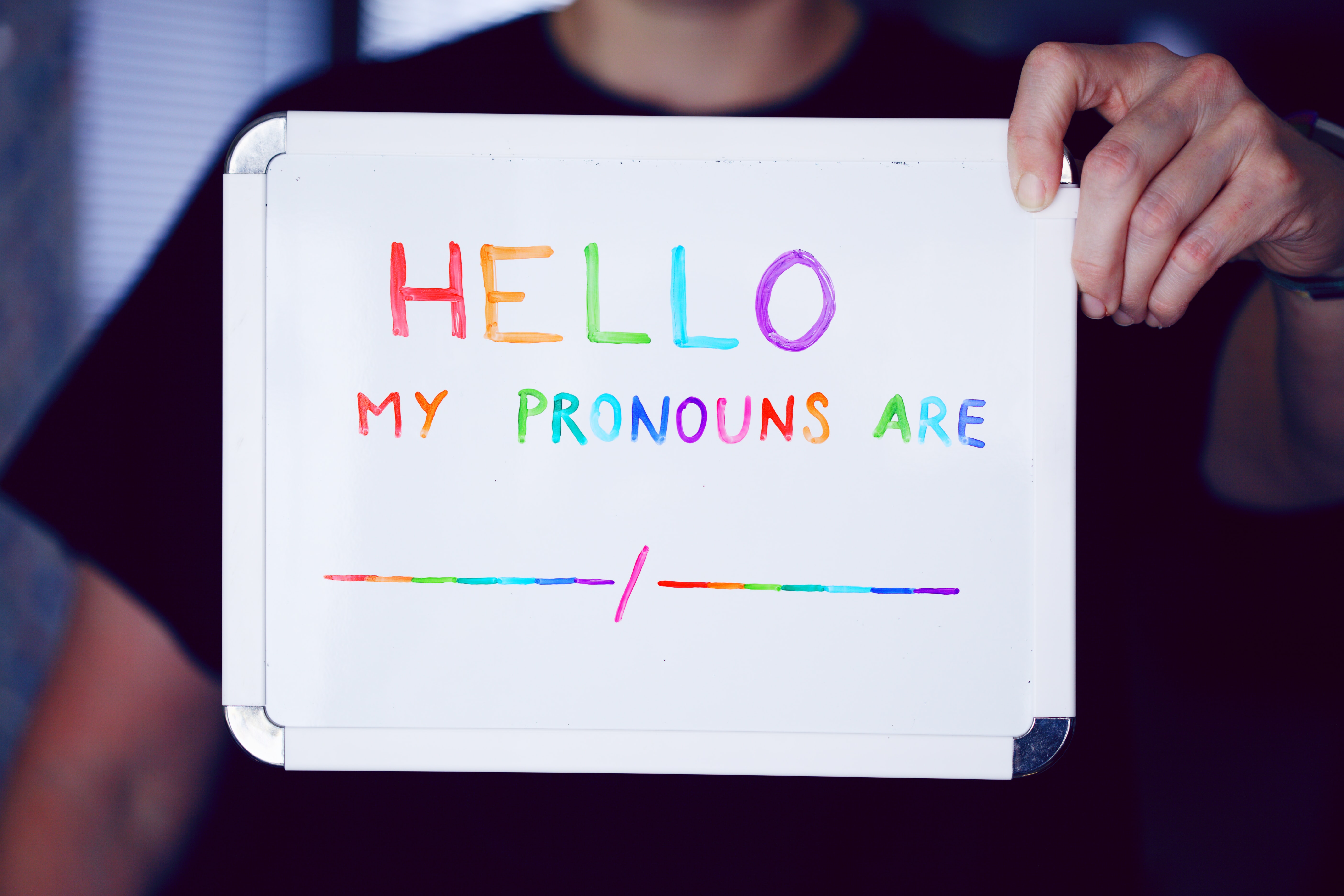Who is Rose Alying Ellis?

Rose Alying Ellis is a British actress who was born deaf and mostly relies on sign language, however she often performs using Sign-supported English to reflect her own communication style and make it clear for audiences to understand her. She first gained an interest in acting after taking part in a filming weekend that was run by the National Deaf Children’s Society. It was on that weekend that she met a deaf film director that would kickstart her entire acting career.
Rose first acting role in a 25-minute movie called “The End” that was an award-winning short movie. She took part in several stage productions and in a music video by the Vamps as well as being a part of other short films. Rose also had minor roles in certain TV shows such as Casualty before finally landing her big role in EastEnders as Frankie Bridge in 2020 and becoming the first deaf celebrity to be on Strictly Come Dancing and becoming the winner in 2021.
Her time on EastEnders
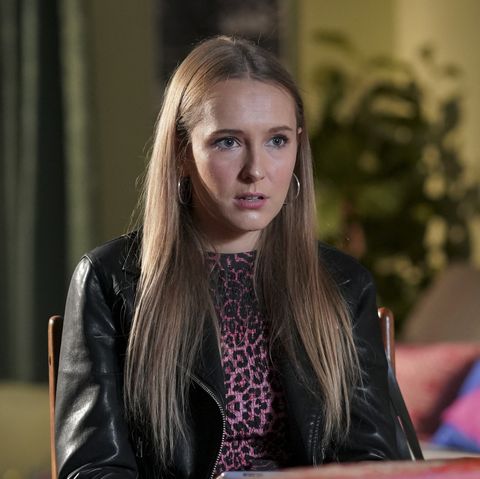
EastEnders announced that Rose would be joining the cast as Frankie Bridge back in February 2020 and she wouldn’t make her on screen debut until a few months later. On the 18th of May, she was introduced as Ben Mitchell’s friend after he was diagnosed with deafness after the “Boat Crash” Storyline. She became a series regular while taking part in a few storylines in EastEnders over the past 2 years as well as getting a job at the Prince Albert Bar. She recently took a break from the show to focus on Strictly, however it was announced that she will return in the beginning of 2022.
The producers and writers of EastEnders were proud to create the soap’s first deaf character. They wanted to see more representation of deafness in the media and the use of sign language in scenes marks the first time it was used in any Soap Operas by an actual deaf actress. EastEnders also received a lot of praise with featuring a story on hearing loss and introducing a new deaf character. Rose also talked about her excitement with joining the cast and having her character being portrayed as a positive, upbeat person who embraces the deaf community and raises awareness for the deaf people in the UK and British Sign Language as well as being the first deaf character on the soap.
Her time on Strictly Come Dancing

On the 19th series of Strictly Come Dancing, Rose was one of the 15 celebrities that was confirmed to be taking part this year. This marked the first time that a Deaf Celebrity was on Strictly or on any other major shows such as I’m a Celebrity or Britain’s Got Talent. Rose won the hearts of the entire world and eventually went on to become the champions alongside her partner Giovanni Pernice. In an interview that she did before the show began, she said “I have a hearing aid, so I pick up some of the music and I can hear the beat. I can hear someone singing, but I can’t identify exact words. I also feel the vibrations” which made people believe that she will do well on the show.
During Rose’s time on Strictly Come Dancing, she rose more awareness to the deaf community as well as having some memorable moments such as scoring 40 points for their tango in week 6 which was the earliest “perfect score” in the show’s history. But in week 8, their Couple’s Choice dance featured a period of silence, this was included as a tribute to the deaf community, that same dance also won the TV Moment of the Year at the Heats Unmissable Awards.
How did she bring more awareness to the deaf community?
Since Rose won Strictly, she has raised more awareness of the deaf community helped to increase the number of people wanting to learn sign language: google searches for BSL have gone up by 448%. This would be beneficial as even learning a little bit of sign language can allow a hearing person to make a difference to the deaf community and help them understand one another. As well as that, she also shown how deaf people can do anything that they wanted to do.
